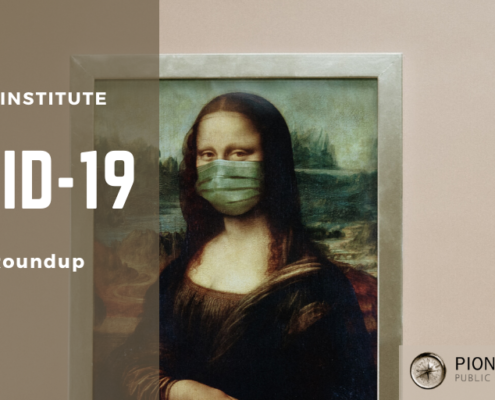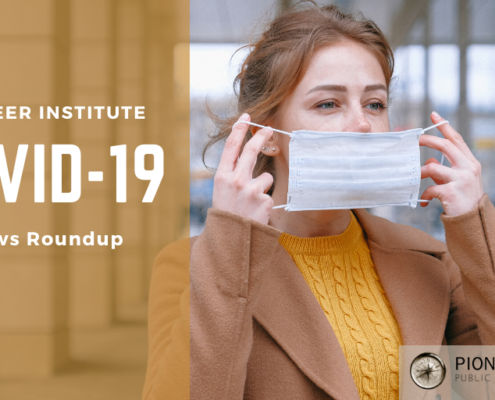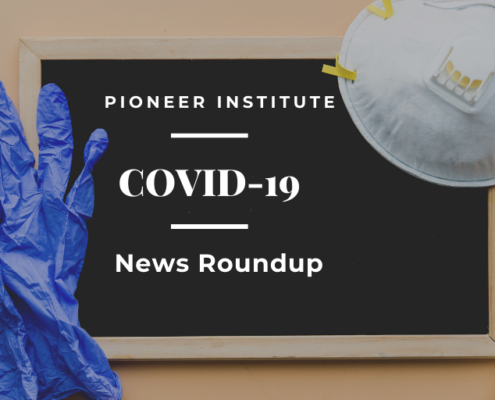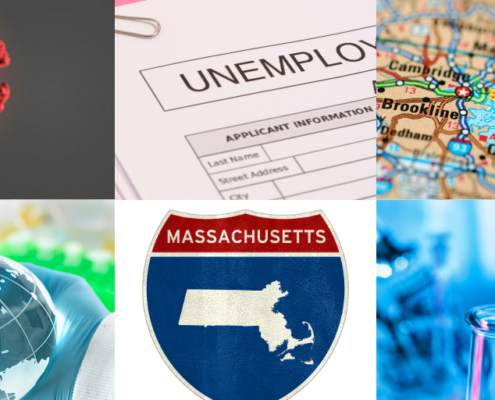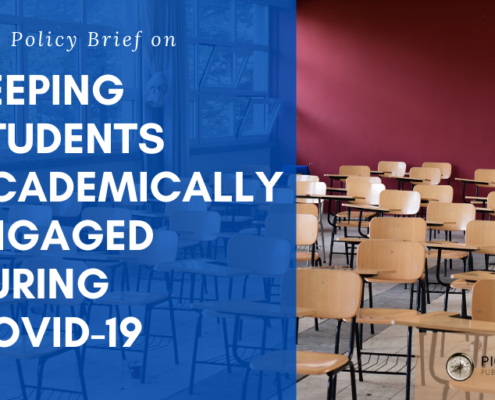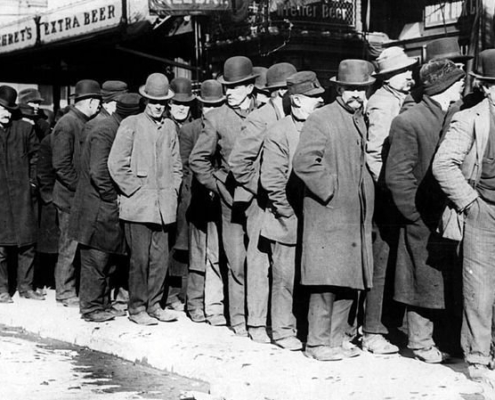New Study Calls for Re-thinking Massachusetts’ COVID-19 Care Standards
BOSTON – The Massachusetts Department of Public Health’s (DPH’s) Crises Standards of Care (CSC) issued earlier this month bear the earmarks of a state bureaucratic effort. The guidelines need to be rethought under a process that includes a thorough vetting by Massachusetts citizens, according to a new study published by Pioneer Institute.
“The guidelines have not been vetted by the vulnerable populations most likely to be affected by them,” said Barbara Anthony, author of “Massachusetts Crisis Standards of Care Guidelines Need Re-thinking.” “Nor do they include a sufficient role for either the medical teams that care for patients or the patients’ families.”
The insidious nature of COVID-19 means those who need ventilation to breathe but have no access to the necessary equipment will likely die.
The DPH guidelines appear to take direction from a 2011 report prepared by the Centers for Disease Control and Prevention’s Ventilator Working Group. But that report repeatedly highlights the need for transparency and community input in the development of such guidelines.
Instead, the DPH guidelines focus on strict mathematical formulas, first to determine the likelihood that a patient will survive, then to calculate the number of years the patient is likely to live post-recovery. This second calculation is based on variables such as age, comorbidities and pre-existing conditions – even if the conditions are under control thanks to medication.
While it’s unclear who would perform the initial assessments on which calculations are based, responsibility for implementing the guidelines falls to a “Triage Team” that is unlikely to have ever seen the patient. Clinical staff have no involvement in decisions about the initiation, continuation or withdrawal of treatment.
Initial decisions can first be appealed to a “Triage Team,” but the scope of review is limited to mathematical errors in calculating the scores on which decisions are based. One further appeal can be made to a Triage Appeals Board and its decision is final. It does not appear that the patient’s family or a personal advocate for the patient would have any involvement in any appeal.
While there appears to be little or no role for the patient’s family or clinical team, the guidelines require legal counsel to be present when the Triage Appeals Board makes decisions.
“These guidelines put the state in a godlike position,” said Pioneer Executive Director Jim Stergios. “There are too many variables involved to accurately forecast a person’s lifespan—or the value of that life.”
Earlier this month, The Boston Globe reported that 18 organizations had already written Governor Baker asking him to reconsider the guidelines.
In Italy, which has been devastated by COVID-19, similar guidelines came from a medical society on the front lines of battling the pandemic, not central or regional governments.
About the Author
Barbara Anthony, lawyer, economist, and public policy expert, is a Senior Fellow in Healthcare Policy at Pioneer Institute. She was also a former Senior Fellow and Associate at the Harvard Kennedy School’s Center for Business and Government where she researched and wrote about Massachusetts market reform and healthcare cost containment efforts. She served as Massachusetts Undersecretary of the Office of Consumer Affairs and Business Regulation from 2009 to 2015 and has worked at the intersection of federal and state commercial regulation and the business community for many years. Among other positions, Anthony served as the Director of the Northeast Regional Office of the Federal Trade Commission in Manhattan, and was a top deputy to the Massachusetts Attorney General. She began her career as an Antitrust Trial Attorney at the U.S. Justice Department in Washington, D.C. Anthony is a well-known consumer advocate and regularly appears as a media commentator on consumer protection and business regulation issues.
About Pioneer
Pioneer Institute is an independent, non-partisan, privately funded research organization that seeks to improve the quality of life in Massachusetts through civic discourse and intellectually rigorous, data-driven public policy solutions based on free market principles, individual liberty and responsibility, and the ideal of effective, limited and accountable government.
Get Our COVID-19 News, Tips & Resources!
Recent Content


